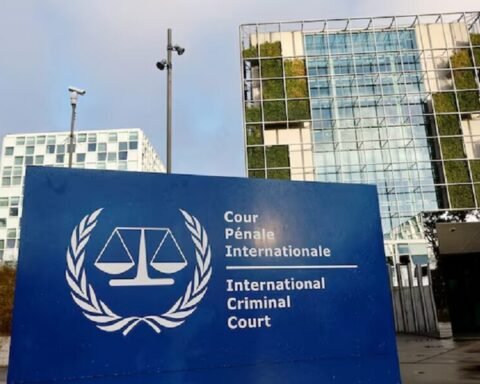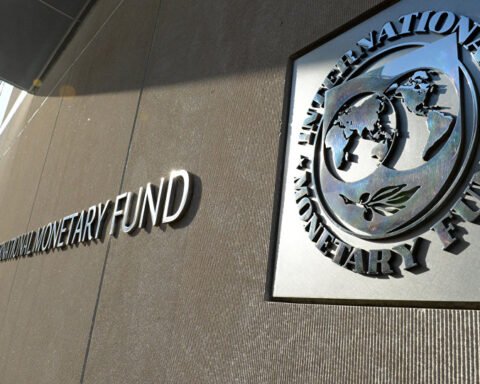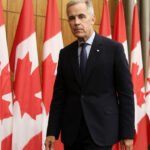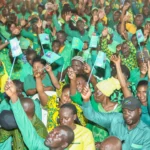Tensions are rising between Russia and European nations, as Russian officials accuse Europe of undermining its own democratic values.
Russia has specifically pointed to what it describes as European actions that infringe upon media freedom, political processes, and basic human rights.
One of the major points of contention is the European Union’s decision to ban several Russian news outlets, including RIA Novosti, Izvestia, and Rossiyskaya Gazeta. The EU argues that these outlets spread propaganda in connection with Russia’s actions in Ukraine, but Russia sees this as a direct attack on free speech. Russian State Duma Chairman Vyacheslav Volodin claims that these bans are designed to limit the flow of information and keep citizens in the dark about different perspectives.
Volodin also suggested that such actions are not just about controlling information but are aimed at maintaining political power. In his view, Europe’s suppression of media outlets goes against the very principles of democracy that these countries claim to uphold. He pointed out that such censorship undermines the foundation of a democratic society, where people should be free to access a range of information and form their own opinions.
Alongside media restrictions, Russia has been accused by European countries of interfering in elections within the EU. However, Russian officials have firmly rejected these allegations, with Foreign Ministry spokesperson Maria Zakharova calling them baseless. She argued that the European Union itself struggles to maintain democratic standards, citing issues like the rise of far-right groups and the marginalization of minority voices within European countries.
Also Read; Russia Strikes Ukraine’s Power Plant
Amid Winter
Zakharova’s remarks reflect a broader frustration in Russia over what it views as Europe’s double standards on democracy. While Europe criticizes Russia for its stance on governance and elections, Russia feels that Europe is failing to address its own internal problems. This disconnect has led to a growing rift between Russia and European nations, with each side accusing the other of undermining democratic norms.
The criticism doesn’t end with media and elections. Russia has also expressed concern over what it sees as Europe’s meddling in the internal affairs of other nations. For example, Zakharova condemned Western calls for fair elections in Bangladesh, arguing that these are examples of Western interference in sovereign states. To Russia, these interventions are a form of neo-colonialism, where powerful countries attempt to impose their views on others.
This ongoing clash reflects the deepening divide between Russia and Europe, as both sides continue to trade accusations over what it means to uphold democracy. The disagreement between the two regions has significant implications for diplomatic relations, media freedom, and global perceptions of what democracy should look like in the 21st century.








Pretty section of content. I just stumbled upon your blog and in accession capital to assert that I get actually enjoyed account your blog posts. Anyway I’ll be subscribing to your feeds and even I achievement you access consistently quickly.